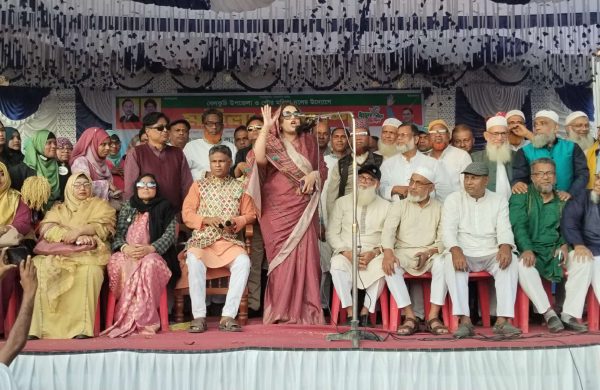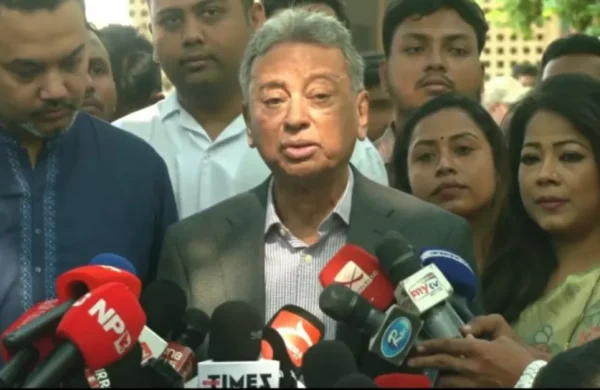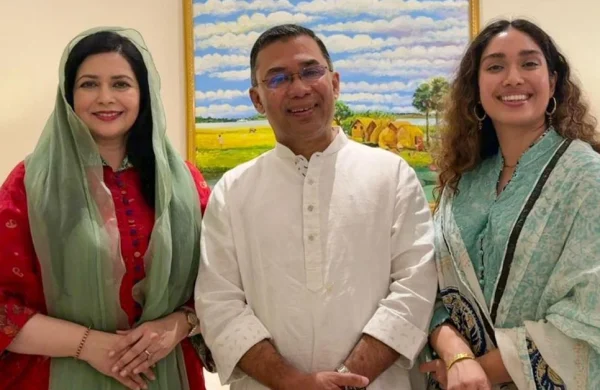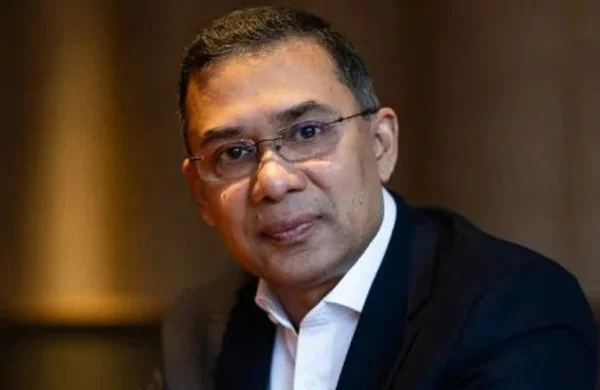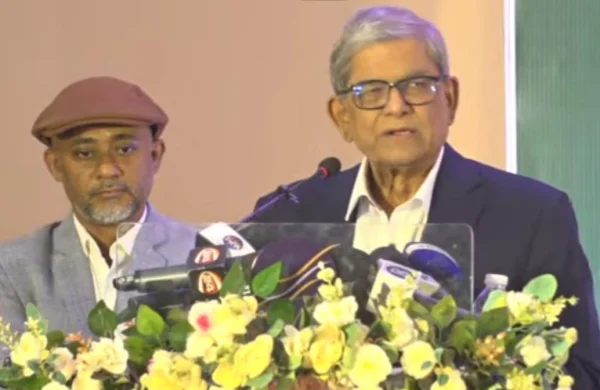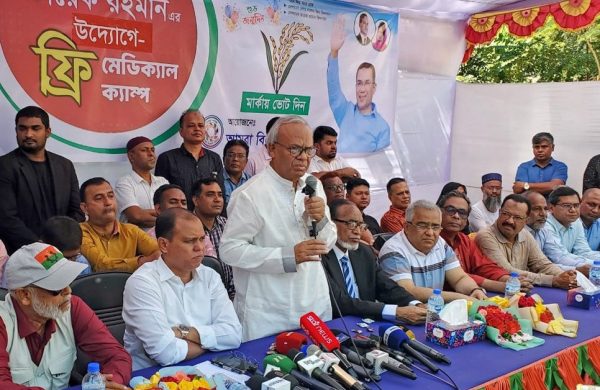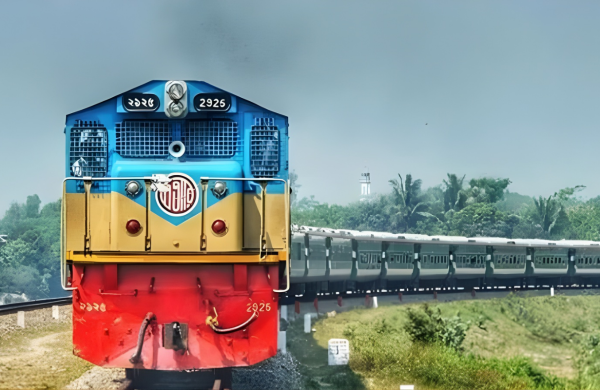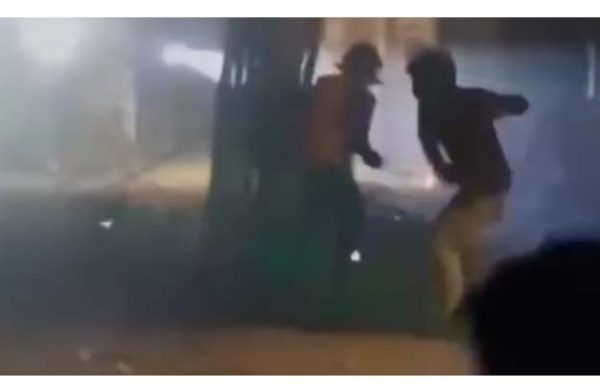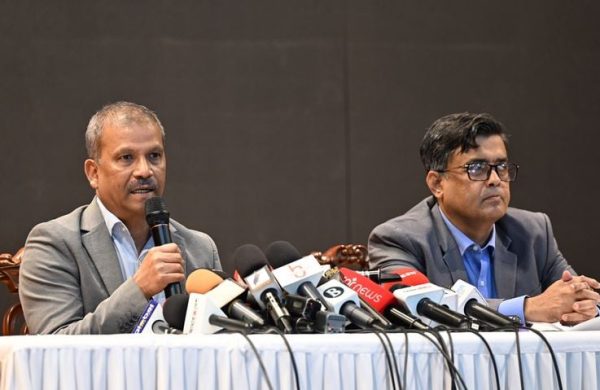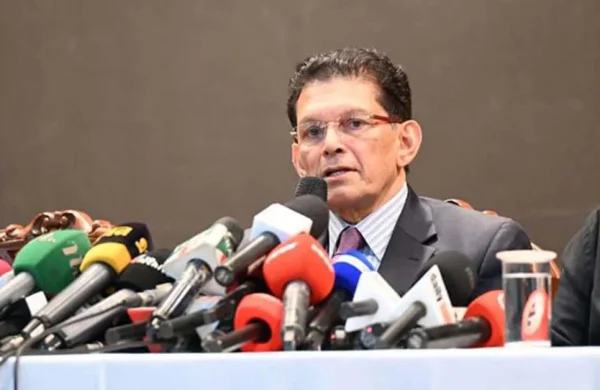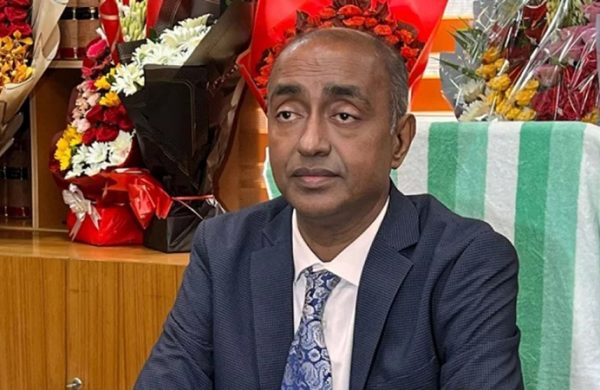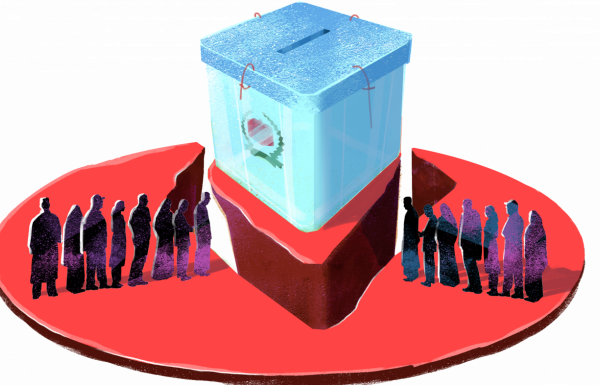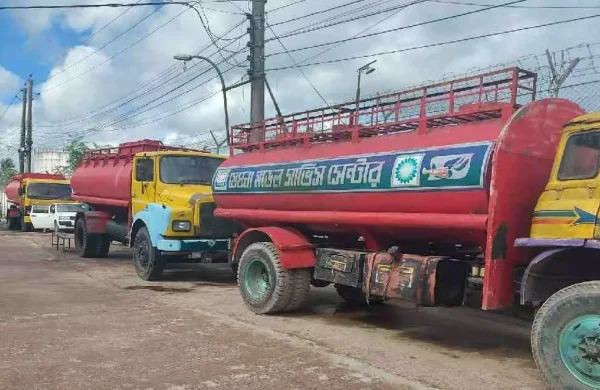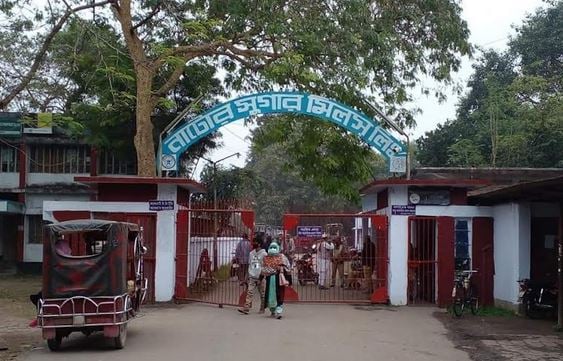13th parliamentary election: BNP in trouble over electoral symbol in coalition contest
- Update Time : Wednesday, November 19, 2025
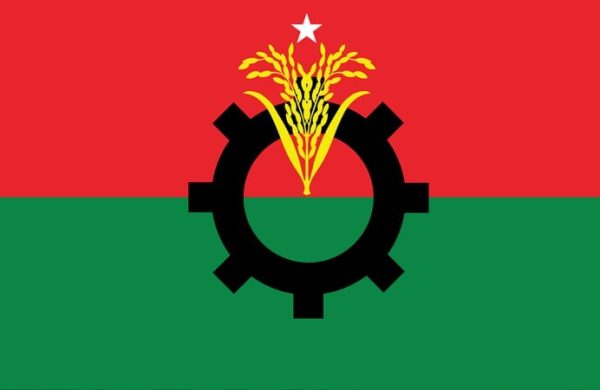
TDS Desk:
The Bangladesh Nationalist Party (BNP) has found itself in a degree of difficulty over the rule on electoral symbols in the case of contesting the Jatiya Sangsad (national parliament) election as part of an alliance with the parties involved in the simultaneous movement.
This situation has arisen because of amendments to the Representation of the People Order (RPO).
As a result, even if an alliance is formed, each party must contest under its own symbol, something the BNP believes could jeopardise the chances of its smaller alliance partners.
Concern over this matter is said to be growing among the BNP’s allied registered smaller political parties as well.
In this situation, the BNP is considering pressuring the government to amend the relevant section of the RPO once again. The party also expects the smaller parties to play an active role on the ground in this regard.
According to party sources, several registered political parties have already appealed to the relevant government authorities seeking withdrawal of the amendment to Section 20(1) of the RPO relating to poll symbols.
Meanwhile, the BNP is yet to finalise seat allocations for allies in the simultaneous movement. Meetings are ongoing between BNP leaders responsible for negotiations and the allied parties. According to sources, a decision may come within the next week to 10 days.
However, BNP leaders say they are facing some complications in meeting the seat demands of their allies in the simultaneous movement. But the greater concern, they say, is the provision requiring parties to contest under their own symbol even within an alliance.
VICTORY WILL BE DIFFICULT FOR SMALLER PARTIES
The BNP believes that, even if there is an electoral alliance, it will be difficult for leaders of small parties to win if they have to contest under their own party symbol. This, they argue, could ultimately benefit their political opponents. For this reason, the BNP intends to seek cancellation of the amendment.
Senior BNP leaders say that, in alliance-based elections, small parties have traditionally had the right to contest under their preferred symbol, often the symbol of the larger partner. The government has now curtailed that right through new legislation.
Maulana Manjurul Islam Afendi, secretary general of Jamiat Ulema-e-Islam Bangladesh, a BNP ally, echoed the same position. He told journalists, “Forming an alliance is a democratic right. Similarly, choosing a more popular symbol in order to ensure victory is also a democratic right. This amendment to the RPO amounts to curtailing that right. We want the previous provision restored.”
BNP leaders also say they support the democratic right of smaller parties to contest under the symbol of their choice, and that if the parties take any initiative on this issue, the BNP will support and cooperate with them.
The BNP and its like-minded smaller parties believe that the government amended Section 20(1) of the RPO to give electoral advantage to a particular party.
For weeks, the BNP and Jamaat-e-Islami were engaged in heated debate over whether the relevant RPO provision should be changed or not. The BNP did not want the rule requiring alliance members to contest under their own symbol.
Previously, parties in an alliance could contest under the symbol of any partner, such as in 2018, when a number of Jatiya Oikya Front candidates contested under the BNP’s “sheaf of paddy” symbol. The BNP wanted that provision kept.
However, Jamaat sought the candidates, even in an alliance, to contest in the election under their own parties’ electoral symbols. The BNP lodged written objections to the election commission and the law ministry, after which Jamaat took a counter-position.
Ultimately, the government issued an amendment to the RPO stipulating that even registered alliance partners must contest under their own symbols. This decision has created discomfort not only for the BNP but also for several smaller parties wishing to join the alliance.
Bobby Hajjaj, chairman of the National Democratic Movement (NDM), a partner in the simultaneous movement, told Journaliststhat he is waiting for the alliance’s decision.
“The democratic space has been narrowed through this amendment. It has not supported democracy. We want the amendment changed. We are waiting for the alliance’s decision. Further steps will be taken following discussions,” he stated.
WHO STANDS TO BENEFIT?
Those involved believe that the BNP will be at a disadvantage from the provision requiring alliance members to contest under their own symbol, while Jamaat and its partner parties may benefit.
The reasoning is that smaller parties are aligned with the BNP in the hope of contesting the election together and of securing nominations for parliamentary seats. For these parties, the BNP’s sheaf of paddy symbol is seen as a significant advantage in securing victory. The amendment to the RPO has created uncertainty. Even with BNP support, leaders of smaller parties may find it very difficult to win under their own, less popular, symbols.
BNP standing committee member Salahuddin Ahmed said the amendment undermines “multi-party democratic practice”.
He told journalists, “A party has the democratic right to choose which symbol it contests under. Sometimes a party may be small but its leader is of national importance. The BNP wants such nationally important figures in parliament to strengthen parliamentary democracy. The ongoing reforms are all for the country’s welfare. In that context, this amendment to the RPO goes against democratic rights and democratic practice.”
According to multiple BNP sources, the party’s top leadership is assessing the candidacy of key leaders of allied or friendly parties, considering their contributions to the recent movement, their political standing, and their potential significance in a future government.
Based on this assessment, the BNP is considering leaving at least 25 seats for allies in the simultaneous movement and potential alliance.
Beyond these parties, BNP sources believe there is also scope for electoral arrangements with the National Citizen Party (NCP) and Bangladesh Khelafat Majlis led by Maulana Mamunul Haque.
Outside the BNP alliance, Jamaat-e-Islami, Islami Andolon Bangladesh and six other parties are engaged in the simultaneous movement on a range of demands. Whether this constitutes an electoral alliance is still unclear.
However, those involved say the eight parties, including Jamaat, have mutual trust. For them, the specific symbols, such as “scale” or “hand fan”, are not the central issue. If an understanding is reached, they will contest under their party symbols while working collectively for one another. They are not worried about this.
The BNP, however, fears that if their partners cannot contest under the “sheaf of paddy” symbol, they may lose seats even before the election. And if the BNP allocates seats to allies, but BNP members then run as rebels or independents, that too could jeopardise the allies’ chances.


